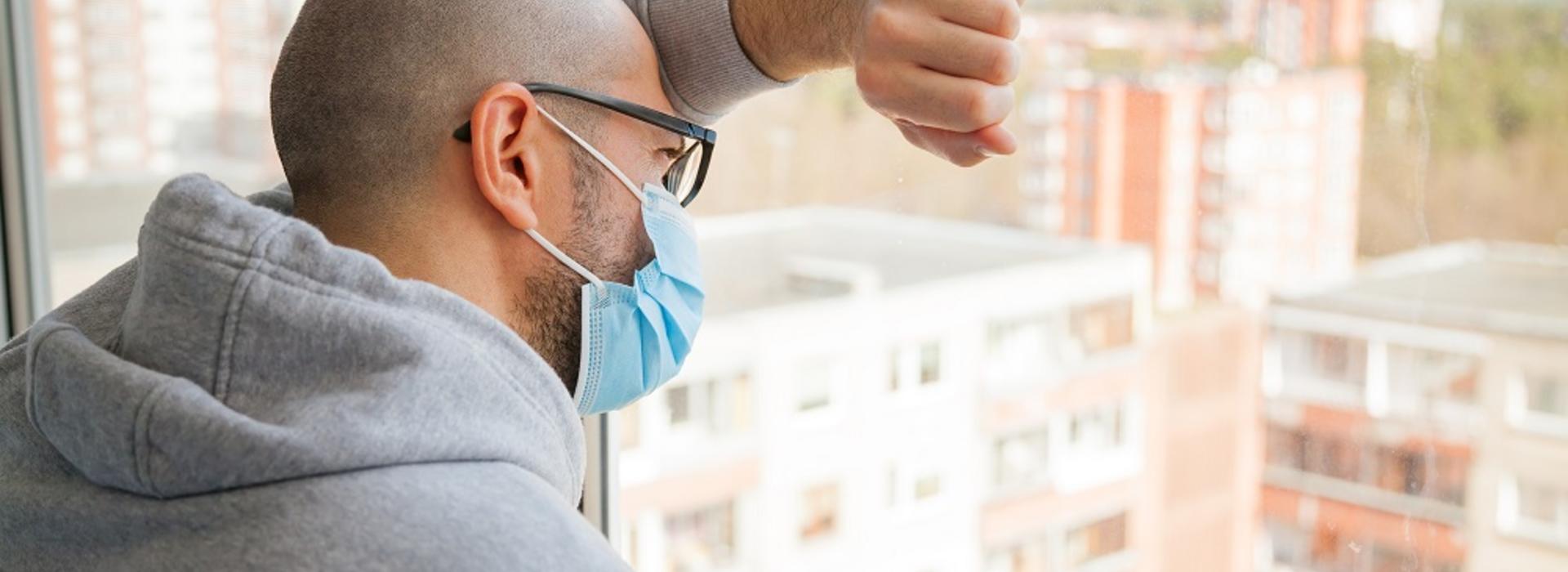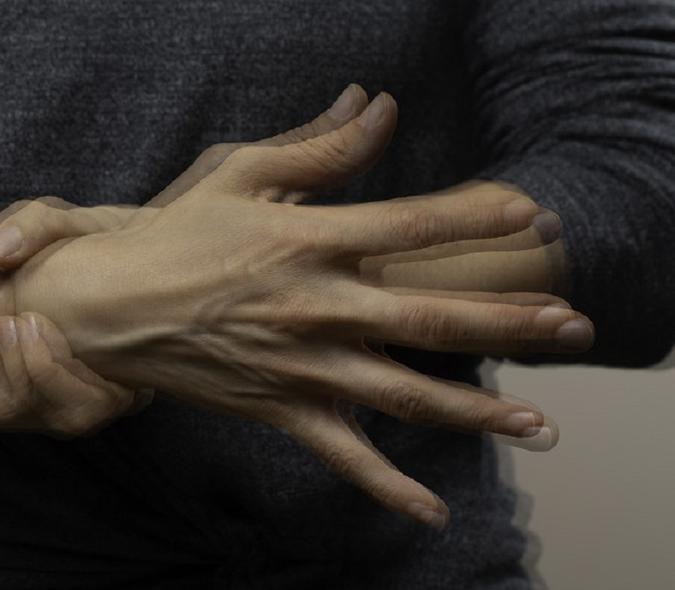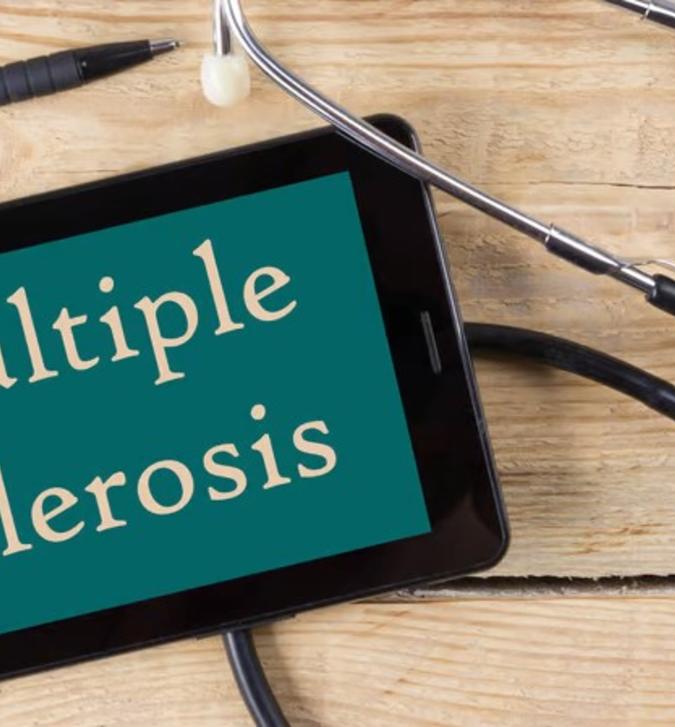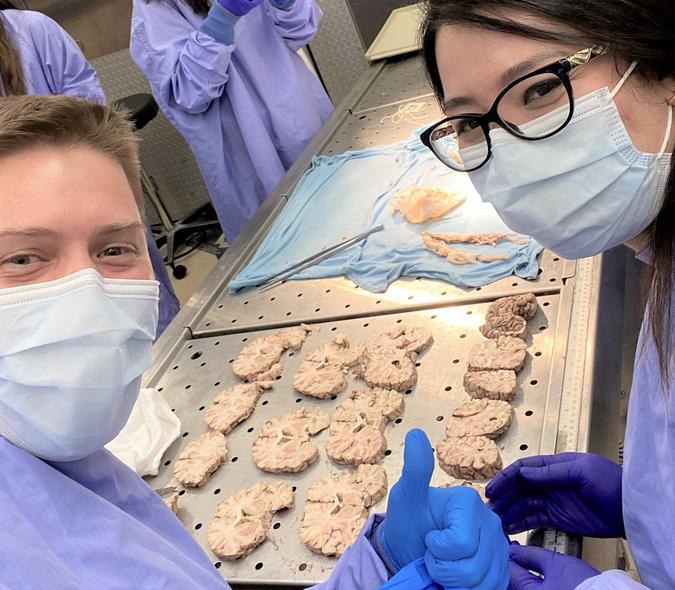
How does a sense of injustice affect spinal cord injury patients? Faculty member poised to discover more, thanks to a DOD grant
Since 2016, Physical Medicine and Rehabilitation Assistant Professor Kimberley Monden, PhD, has been interested in the role that appraisals of injustice play in the psychosocial outcomes of individuals living with spinal cord injuries (SCI), resulting from trauma, illness, or genetic predisposition. Why is the concept of injustice appraisals important? “It has to do with the amount of blame and sense of unfairness that individuals with SCI experience,” said Monden. “It is also tied to their injury’s severity and a sense of irreparability of loss.”
As a clinician, she never quite knew how to address what she was seeing in the acute phase of spinal cord injury rehabilitation. “People were very angry or had a high sense of blame or were overly focused on the severity of their injury and the losses associated with it,” Monden said. “It wasn’t clear to me what that meant for the long term and how exactly to intervene.”
New longitudinal study
In support of her ongoing interest in this area, Monden recently became the Principal Investigator for a Department of Defense (DOD) Spinal Cord Injury Research Program grant. The grant is titled, The Impact of Injustice Appraisals on Psychosocial Outcomes Following Spinal Cord Injury: A Longitudinal Study. It will give her and the study’s other investigatorsan opportunity to follow a group of spinal cord injury sufferers over time. They will collect data at three points: inpatient rehabilitation, six months post-discharge, and then a year after discharge.
The team will gather information to determine the impact of injustice appraisals on psychosocial outcomes over time. “An injustice appraisal is a cognitive evaluative process concerned with how someone thinks about their injury,” said Monden. “In addition, we’re collecting information about depression symptoms, post-traumatic stress symptoms, pain, functional impairment, quality of life, and anger,” she said.
Quantitative and qualitative data
The DOD grant is a collaboration with the Minneapolis Veterans Administration Medical Center, Hunter Holmes McGuire Veterans Administration Medical Center in Richmond, VA; and Thomas Jefferson University in Philadelphia, PA. The plan is to enroll 90 Veterans and 90 civilians. One of the more unique aspects of the collaboration is that qualitative interviews will be conducted with a subset of participants at the inpatient and 12-month timeframe.
As a research psychologist with clinical experience in rehabilitation psychology, Monden is ideally suited to lead this work. When she had been part of a spinal cord injury team, Monden discovered that injustice appraisals helped her understand the notion of patients getting stuck on the “why me” or blaming other people. “It has been an area of interest for me ever since; however, this is my first externally funded study in the area,” she added.
Identifying those at risk
She argues, “If we understand how people are conceptualizing their injury through an injustice appraisal, we can identify those who may be at risk for further psychosocial problems down the road, such as increased depression, anxiety, anger, and decreased likelihood of return to work.”
The first goal of the collaboration is to look at the longitudinal course of injustice appraisals. “This is the first study in any clinical population to look at the longitudinal course of injustice appraisals,” Monden noted. One of the questions the study team wants to answer is, if someone has a high sense of injustice during the acute phase of injury, will it stay the same or get lower over time? “Our hypothesis is that it may peak at the six-month point because that’s the most difficult period of adjustment for many people,” explained Monden. “They’re realizing that life may be more difficult than they anticipated after leaving inpatient rehab and they get out into the real world where there are many environmental and sociocultural barriers for people with physical disabilities.”
Intervening earlier
The study’s second hypothesis is that people who have higher appraisals of injustice during the acute phase of injury will have worse psychosocial outcomes down the road. “If we can identify this as a risk for poorer psychosocial outcomes, then perhaps it warrants specific psychological intervention during inpatient rehabilitation,” noted Monden.
The team will take the information from this study and learn how to build interventions that focus on appraisals of injustice, according to Monden. “We might be able to build on existing treatments such as cognitive behavior therapy or acceptance and commitment therapy,” she added. “But they would need to be modified to specifically address injustice appraisals.”
The study runs from the end of September 2021 to approximately the same time in 2024.



